- About
- Visiting
- What’s On
- Venue hire
- Catalogues
- Collections
- 101 Treasures of Chetham’s
- Digital Resources
- The Flowers of Histories
- A Book of Hours from France
- The Manchester Scrapbook
- Thomas Barritt of Manchester
- Art Treasures Examiner of 1857
- Manchester Association for Constitutional Order
- The North Western Museum of Science and Industry: Some Reminiscences by Richard Hills
- Criminal Manchester
- The Cup of Destiny
- Athenaeum Souvenir
- Middle English Manuscripts
- Manchester and Liverpool of Today
- Hollingworth’s Mancuniensis
- Memoir of Cecil Wray
- William Seward’s Diary
- The Anti-Monopolist
- Fishwick’s History of Rochdale
- Knyvett’s Defence of this Realm
- Tractatus de Nigromantia
- Axon Ballads
- Printed Books & Ephemera
- Archives & Manuscripts
- Prints and Photographs
- Blog
- Support us
Cataloguing the Cass Collection
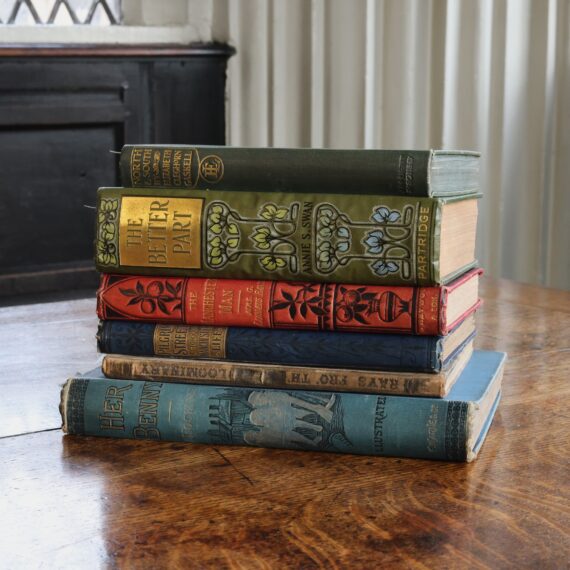
Maisie, our placement student, recently completed a project to finish cataloguing the Cass Collection, which originally arrived at Chetham’s Library in 2016:
Between January and April, I spent 20 days working on the Cass Collection at Chetham’s Library as part of my Master’s degree in Library and Archive Studies at the University of Manchester. In the nineteenth century, Chetham’s Library began to specialise in the history and topography of the North West of England, collecting material related to Manchester and the surrounding regions. Donated to the library in 2016, the Cass Collection comprises works local to the North West, with an emphasis on dialect writing. The majority of the material dates to the nineteenth and twentieth century, and captures local and working-class voices of enduring appeal for readers in Manchester and beyond. You can read a previous blog post about this collection here.
The scholar and bibliophile Eddie Cass (1937-2014) pursued careers in banking and coal mining before turning to academia in later life to explore his penchant for folklore and Lancashire dialect writing. He amassed a considerable collection of works, over six hundred of which are now held by Chetham’s Library. Contained within the collection are books, pamphlets, essays, dictionaries, poetry collections, dialect literature, songbooks, biographies and more.
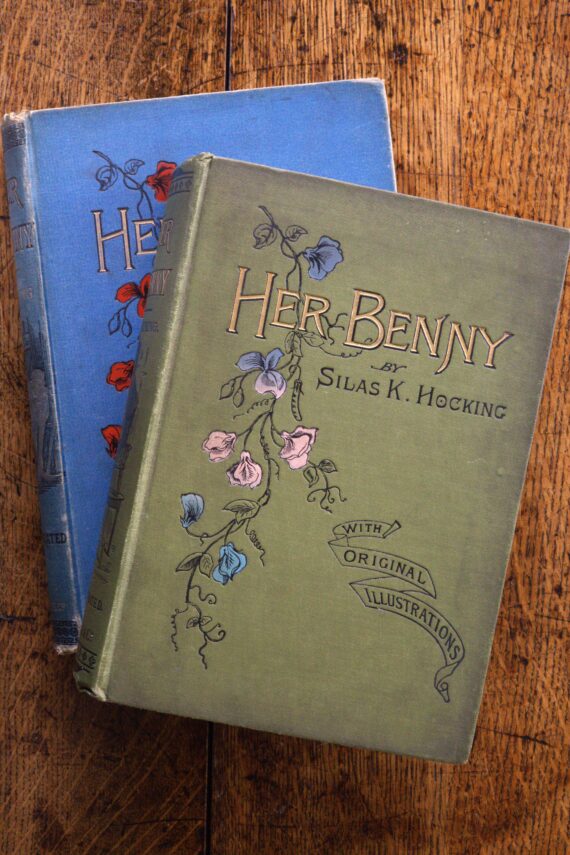
Figure 1: Copies of Her Benny, Lancashire fiction within the Cass Collection (Chetham’s Library, 12.F.7.11-12).
Cass was embedded in the cultural fabric of Manchester, and was a prominent voice at many literary and heritage institutions. President of the Manchester Literary and Philosophical Society, he was a trustee for the People’s History Museum, and chairman of the Portico Library between 1988 and 1990, where he supported various exhibitions. The foremost expert on the Lancashire pace-egg plays, Cass was also the president of the Folklore Society from 2008 to 2011, and donated a portion of his collection to the society, currently housed at the University of Sheffield.
Since its arrival in 2016, the Cass Collection has proved popular among readers, which was posing problems for the library in the lead-up to my placement. The library had made a start on cataloguing the collection, but the work was incomplete. Staff were finding it hard to locate material, and researchers were not privy to the full extent of the collection. Like most material at Chetham’s, the Cass Collection is closed access, meaning readers cannot browse the shelves for themselves. This means that any uncatalogued or unlisted titles are effectively invisible, making cataloguing a top priority.
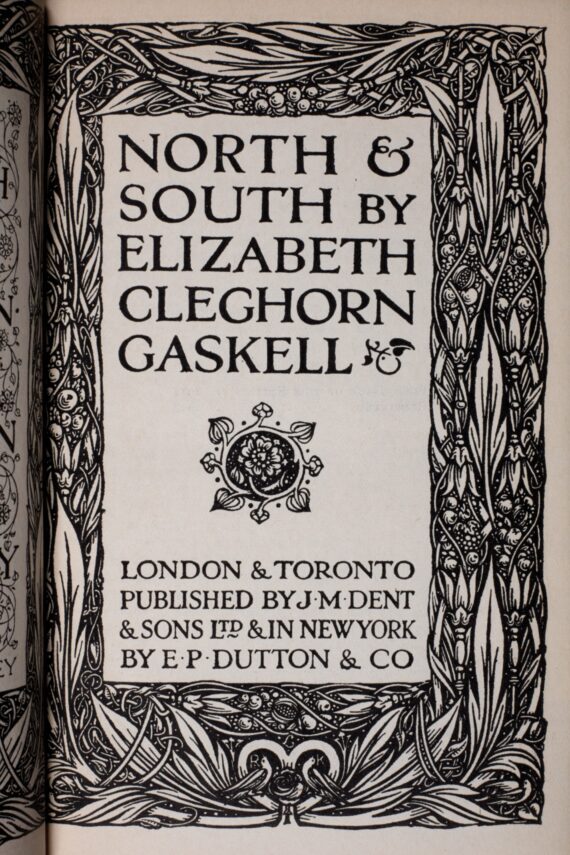
Figure 2: One of the library’s copies of Elizabeth Gaskell’s North and South (Chetham’s Library, 12.F.5.26, title page).
This is where my placement has come in. I was tasked with conducting a shelf check of the collection against the existing online catalogue, and creating records for uncatalogued items. I began by searching for the books by location using the online catalogue in order to create a list to compare against the shelves. I worked my way through the collection, coming across missing, misplaced, partially catalogued and uncatalogued works. I used these findings to create a second ‘to-do’ list of material that stood in need of cataloguing or updating. To avoid duplicating existing records, I cross-referenced my list with Chetham’s catalogue, to see if any of the books I’d identified were catalogued elsewhere in the library. I also made a note of any missing works, many of which I managed to find as the placement went on.
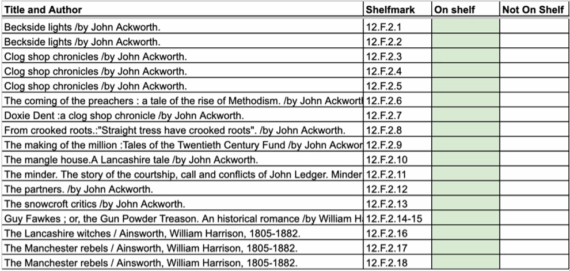
Figure 3: An example of the spreadsheet created by Maisie to help with cataloguing.
Once I finished taking stock of the shelves, I was ready to begin cataloguing. I was set up on Chetham’s test system to begin with, allowing me to practice working with the software while preventing me from accidentally deleting the existing records. I created my first records with the support of the Assistant Librarian, Laura Bryer, who took me through the main fields and the Resource Description and Access (RDA) cataloguing standard employed by the library. I also learned how to download and modify records from existing bibliographic databases.
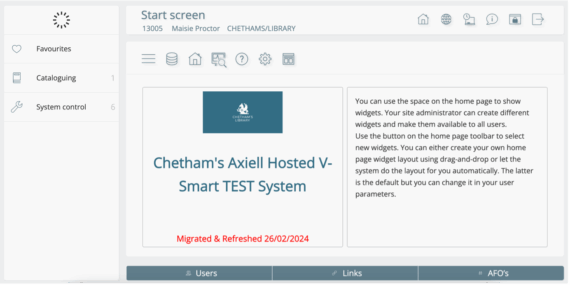
Figure 4: The V-Smart cataloguing test software used by the library.
After cataloguing a few test records, I was added to the live system. I taught myself how to create a template record, filling in pre-set fields specific to the Cass Collection, and added all of the records I worked on to a designated save list for review. For each volume, I entered information about the author, title, place of publication, publisher, date, physical extent, format, acquisition, subject, genre and location. As I went along, I moved volumes around to save space and keep the collection together, and added shelfmarks on visible acid-free slips to facilitate future retrievals.
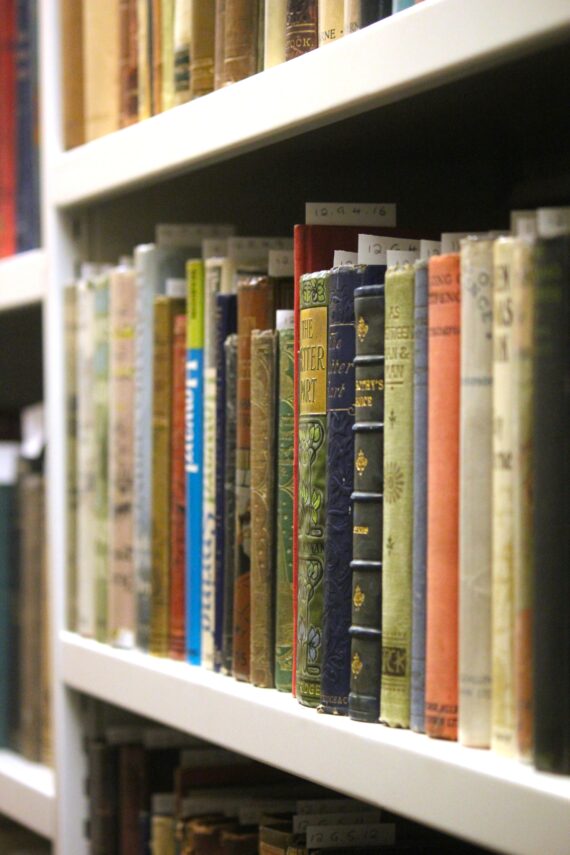
Figure 5: The completed project – books on shelf, fully catalogued and with acid free slips.
By the time I’d finished cataloguing, the ‘nearly three-hundred titles’ described in the first blog post about the collection had become 680 (including works split across multiple volumes). Accompanying the books is also a small amount of archival material, containing some of Cass’ research photographs, some sheet music, and a letter addressed to a Mr Ireland by Edwin Waugh.
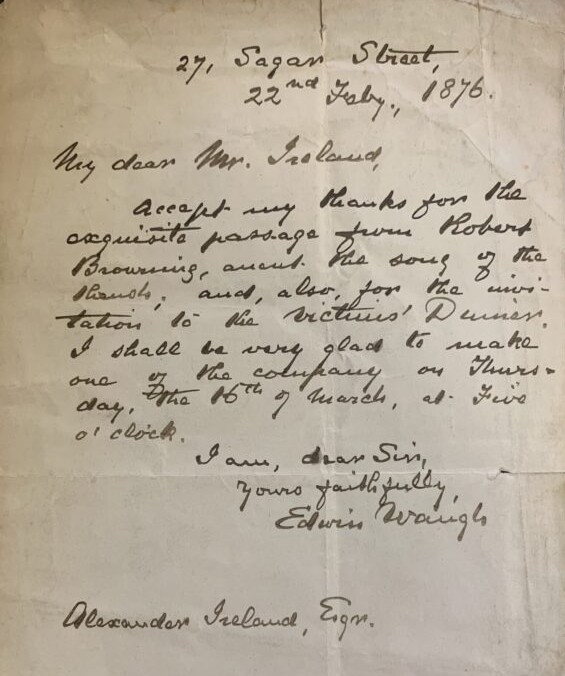
Figure 6: One of the archival items within the Cass Collection, a letter from Edwin Waugh to a Mr Ireland (Chetham’s Library, no shelfmark).
I’m so pleased that I opted to do a placement as part of my degree, and couldn’t have asked for a better place to work than Chetham’s Library. I really enjoyed this project, and came away with first-hand experience of cataloguing and collection management, which I know will stand me in good stead as I progress into the wider world of libraries and archives. I now have a much deeper appreciation for the work that goes into making material accessible to readers, and I hope that the work that I have done will make it easier for readers to engage with this fantastic collection, which is now available to browse in its entirety on our online catalogue.
I want to extend a heartfelt thank you to the entire team at Chetham’s Library for their support and encouragement throughout my placement. I will really miss working, and lunching, with you all.
Blog post by Maisie Proctor
